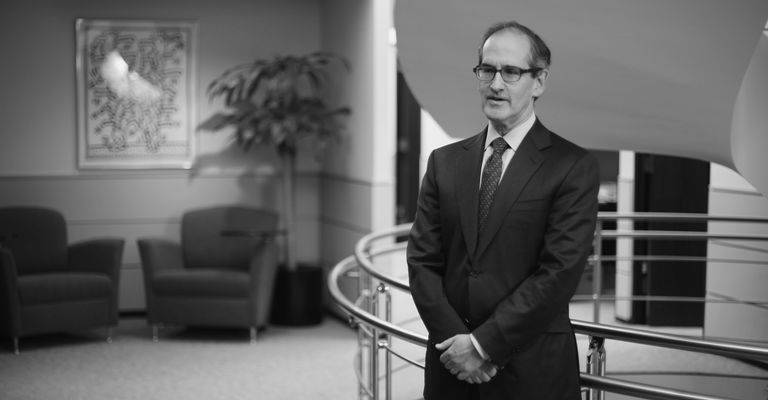BCLPSecCorpGov
Supreme Court Affirms SEC Disgorgement Powers, But With Limits
Jun 26, 2020Liu v. Securities and Exchange Commission, the U.S. Supreme Court decision this week affirming the SEC’s right to seek disgorgement, displayed a striking consensus on the securities regulatory agency’s ability to seek return to investors of wrongdoers’ ill-gotten gains. The decision was not a complete victory for the SEC, however, since the Court also emphasized limitations on disgorgement that it suggested the SEC had exceeded with its past practices.
At issue was a remedy the SEC has long claimed the right to seek in civil enforcement actions: disgorgement of the defendant’s gains for return to injured investors. The SEC in many fraud cases seeks both civil penalties, as authorized by statute, as well as disgorgement as an equitable remedy. And courts generally permit that practice.
In light of certain recent Court rulings against the SEC on various issues and the Roberts court majority’s attitude toward administrative agencies generally, some securities practitioners anticipated a ruling in Liu that courts lacked the power to order disgorgement as a remedy in securities enforcement civil actions, upsetting years of prior judicial practice. However, the Court’s June 22 decision in Liu affirmed the SEC’s right to seek disgorgement by an 8-1 vote, with only Justice Clarence Thomas dissenting.
The majority opinion by Justice Sonia Sotomayor did identify certain limits on disgorgement, which may constrain the SEC from seeking disgorgement as freely as it has in the past. The opinion also articulated those limits in a manner that leaves substantial room for argument over how they will be interpreted and applied in future cases.
We have prepared a client alert discussing the Court’s decision in more detail.
Related Capabilities
-
Securities & Corporate Governance




